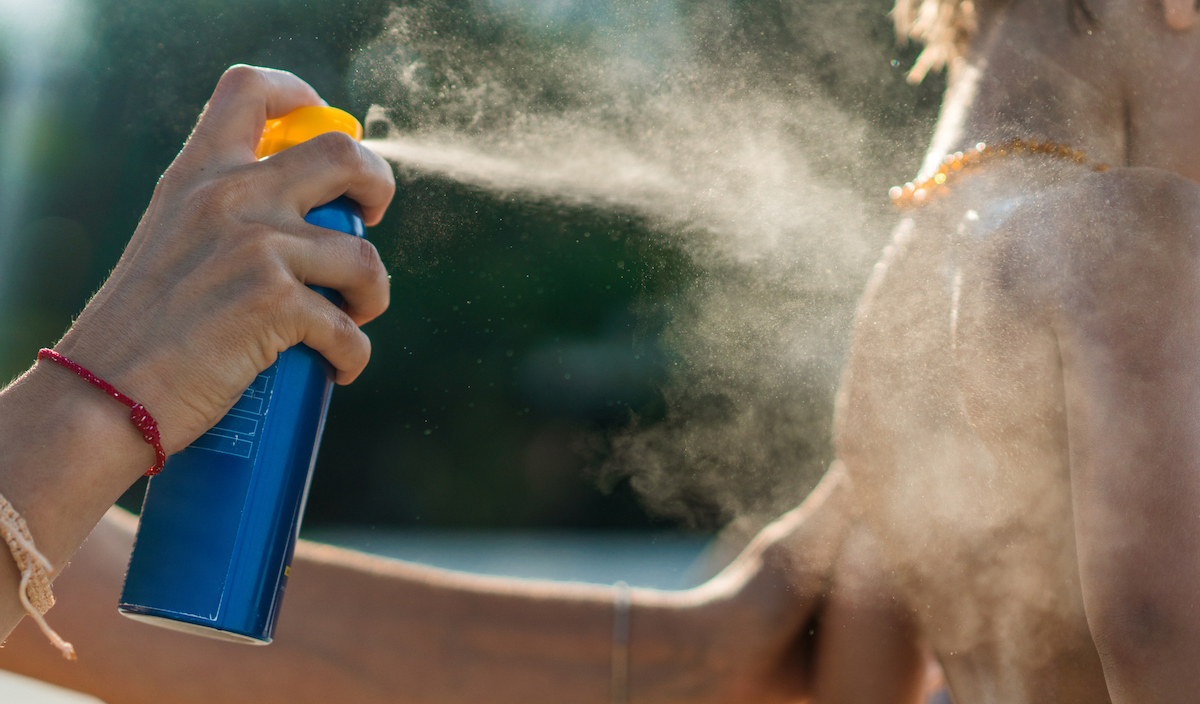<< Back
J&J Recalls 5 Neutrogena, Aveeno Sunscreen Products That Contain Cancer-Causing Chemical

July 15, 2021
Johnson & Johnson has voluntarily recalled five Neutrogena and Aveeno brand sunscreen products after some samples contained low levels of cancer-causing benzene, six weeks after Sen. Richard Blumenthal and Hartford HealthCare officials urged federal action on sunscreen marketing.
Johnson & Johnson advised consumers to stop using and discard these aerosol products:
- Neutrogena Beach Defense.
- Neutrogena Cool Dry Sport.
- Neutrogena Invisible Daily.
- Neutrogena Ultra Sheer.
- Aveeno Protect + Refresh.
The company said the recall includes all sizes and all levels of sun protection factor, known as SPF. (For a refund, call J&J’s Customer Care Center at 1.800.458.1673.)
Valisure, a New Haven laboratory, found 78 of 294 sunscreens it analyzed contaminated with benzene. Three of the highest concentrations, and four of top five, were found in samples of Neutrogena Ultra Sheer Weightless Sunscreen Spray. In the Valisure tests, Neutrogena Ultra Sheer Weightless Sunscreen Spray (SPF 100+) had the highest levels of benzene at 6.26 parts per million. The FDA currently limits benzene to no more than 2 parts per million in products.
Benzene, a highly flammable manufacturing building-block chemical, is not listed as an ingredient on any of the sunscreen products tested.
“It is a Class 1 known human carcinogen, according to the U.S. Department of Health and Human Services, the World Health Organization and man other regulatory agencies,” Valisure CEO David Light said last month at the Hartford Hospital briefing. “That puts it in the same category as asbestos or formaldehyde.”
J&J said in a statement that the products should not cause “adverse health consequences,” but the Centers for Disease Control and Prevention says benzene can cause immune system damage and alter cell function. You can find the full list of sunscreens tested by Valisure that contain high levels of benzene here. (Scroll down to Table 2.)
“It’s absolutely critical that the American public feel confidence and trust in the products that they are buying to protect themselves and their families,” said Dr. Peter Yu, physician-in-chief of the Hartford HealthCare Cancer Institute, at last month’s briefing, “that a mother who’s putting a sunscreen or sunblock on their child feels that is the right thing to do and the right product to have.”